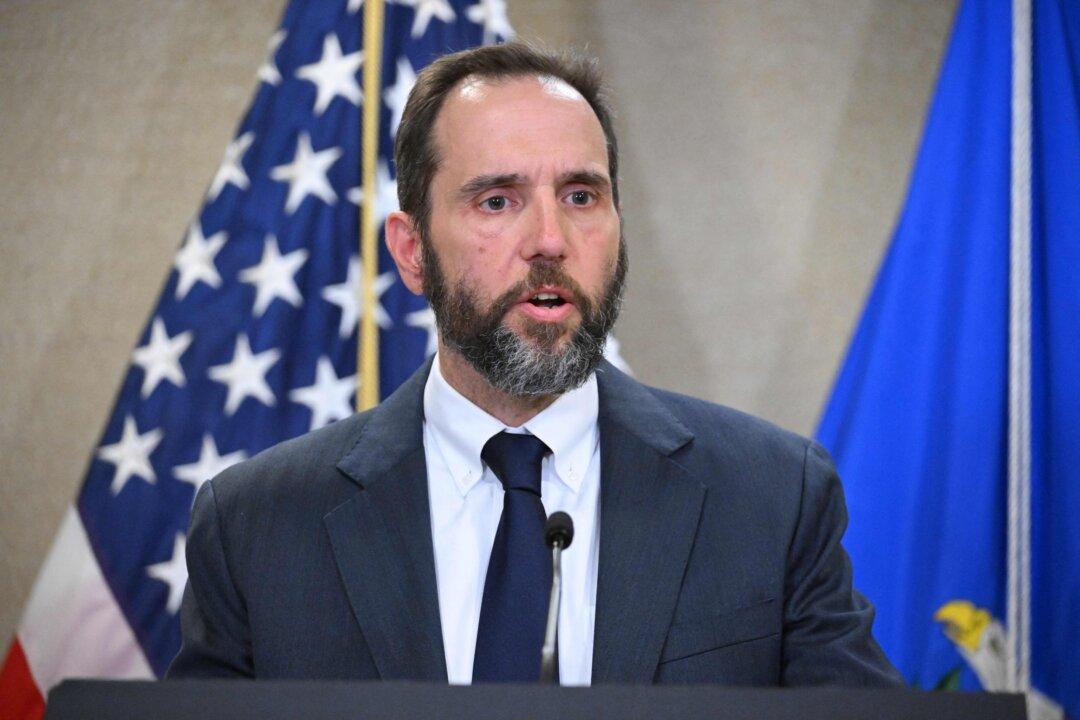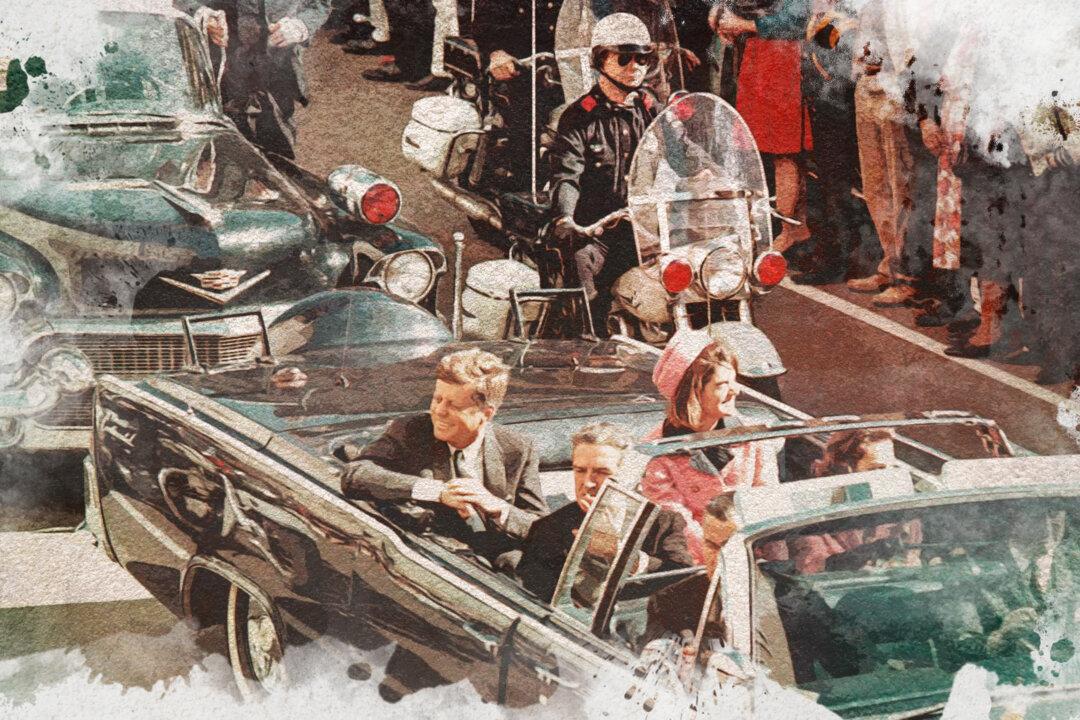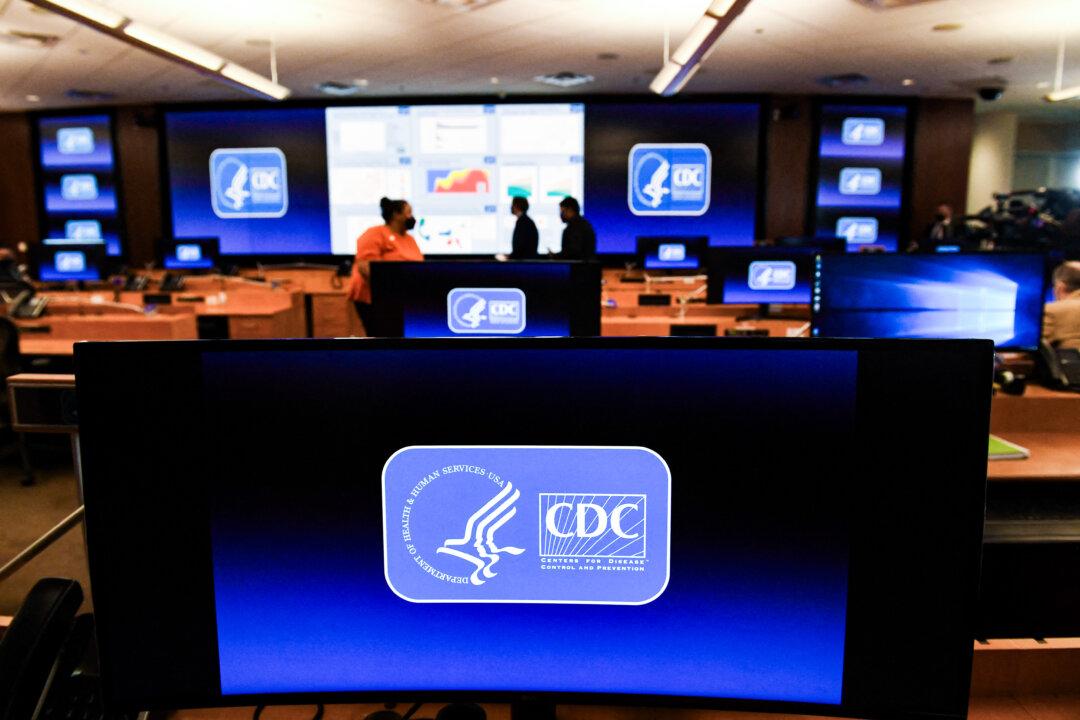News Analysis
On June 9, 2023, special counsel Jack Smith unveiled a 38-count indictment of former President Donald Trump and Waltine Nauta, a personal valet who works at Trump’s Mar-a-Lago estate. The first 31 counts relate to Trump alone and involve charges under the Espionage Act.





